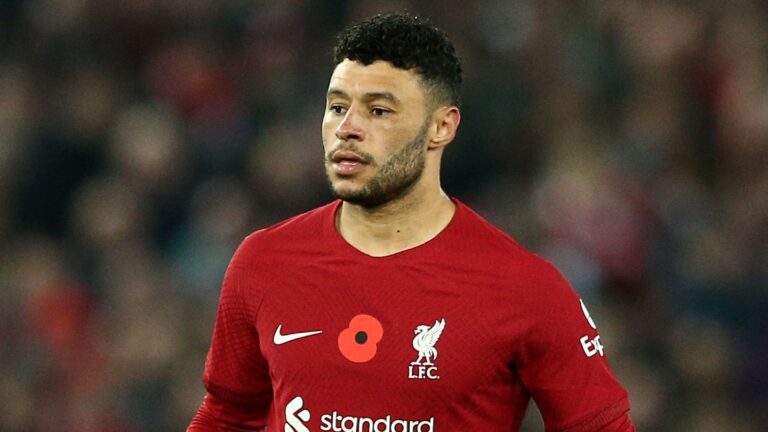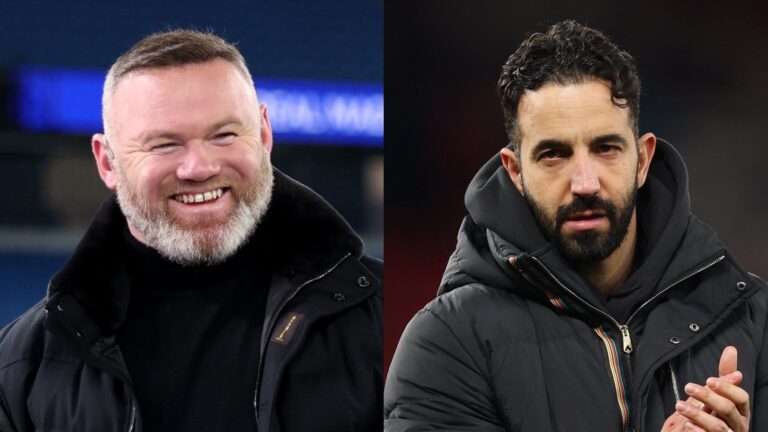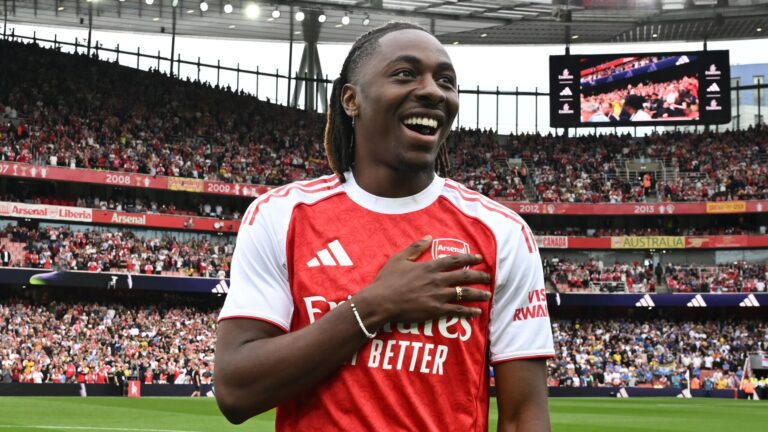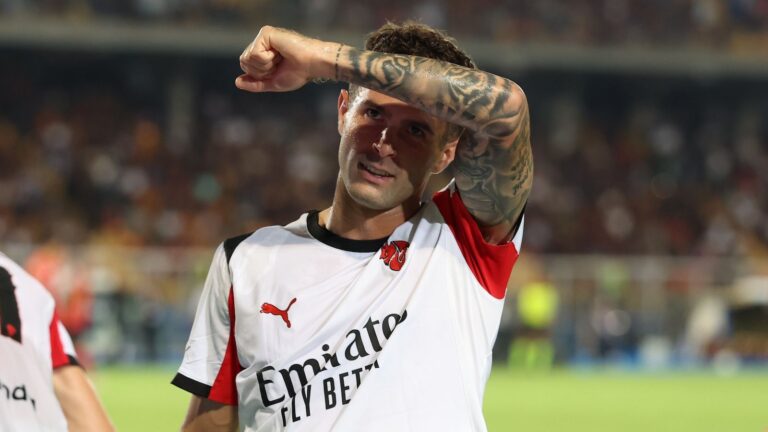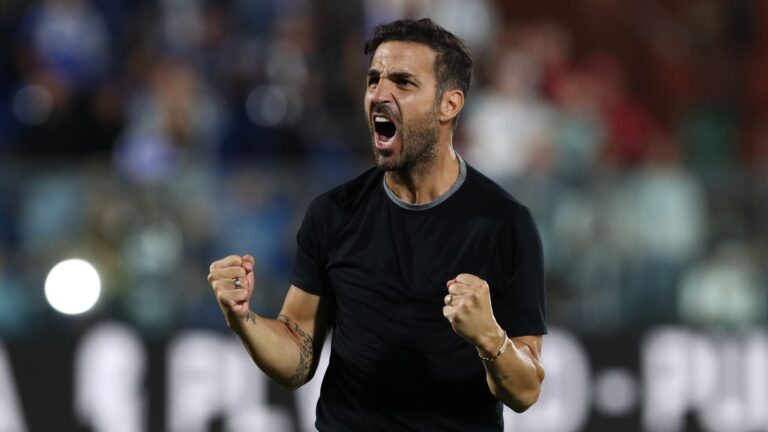Tottenham’s Fresh Challenges: Kulusevski’s Long-Term Absence and Transfer Hurdles
Spurs are encountering additional setbacks in their quest for stability, with the prolonged knee injury to Dejan Kulusevski sidelining him until 2026, compounding the disappointment from recent failed signings. This development, as covered by The Guardian, adds to the growing concerns for manager Thomas Frank’s squad, which is already dealing with other absences and missed opportunities in the transfer market.
- Further difficulties for Spurs
- Dejan Kulusevski out of action until 2026
- Compounds the issues with injured squad members and botched acquisitions



Kulusevski’s Injury and Its Impact on Tottenham’s Campaign
The Swedish forward’s knee problem from the previous season has now been confirmed as more severe than anticipated, keeping him away from the pitch well into 2026. This news follows closely after Tottenham lost out on acquiring Eberechi Eze to Arsenal, leaving the team’s attacking options depleted. With James Maddison also expected to return only in early 2026, the squad faces a challenging period ahead in maintaining their competitive edge.
Broader Squad Injuries and Their Consequences
As of late 2025, Tottenham’s injury list has expanded, affecting key players and disrupting team dynamics. For instance, recent statistics from football analytics firms indicate that teams with multiple long-term injuries, like Spurs, often see a 15-20% drop in performance metrics, such as goals scored and defensive solidity. This situation echoes similar struggles faced by other clubs, including Manchester United‘s injury crisis in the prior year, highlighting how such setbacks can derail ambitions for top-tier competition.
Transfer Market Struggles and Missed Opportunities
This season was meant to mark a new chapter for Tottenham following the exit of former manager Ange Postecoglou and the excitement of their Europa League triumph. With spots in the Champions League on the line, the club aimed to bolster their roster against elite European opponents. While signings like Mohammed Kudus and Joao Palhinha have provided some reinforcement, the failures to secure players such as Eberechi Eze and Morgan Gibbs-White from Nottingham Forest have left noticeable gaps.
Current Transfer Window Prospects
Recent updates from the 2025 transfer period show that Tottenham still has opportunities to strengthen their lineup before the deadline. Chairman Daniel Levy is under pressure to turn things around after the Eze debacle, but potential targets come with high costs. For example, Savinho is being eyed as a possible addition, though his £80 million ($107m) price tag and Manchester City’s reluctance to part with him present significant obstacles. In comparison, clubs like Liverpool have successfully navigated similar markets by securing cost-effective deals, underscoring the need for strategic moves.
Upcoming Tests and Historical Resilience
Despite the challenges, Tottenham heads into their match at the Etihad Stadium with a sense of determination. Manager Thomas Frank’s team has historically performed well against Pep Guardiola’s sides, having beaten them in nine out of various encounters across competitions-surpassed only by their record against Liverpool. As the 2025-2026 season progresses, this resilience could prove vital in overcoming the current adversities and building momentum.
Looking Ahead: Potential for Recovery
In light of these developments, Tottenham’s ability to adapt remains crucial. With the transfer window still open as of mid-2025, there are whispers of emerging talents from emerging leagues that could fit the bill, potentially offering fresh energy to the squad. By focusing on internal development and smart acquisitions, Spurs might yet transform these setbacks into a story of comeback, aligning with broader trends in football where teams recover from early-season woes to achieve surprising results.
The Latest on Dejan Kulusevski’s Knee Injury
Dejan Kulusevski’s knee injury has thrown a major curveball at Tottenham Hotspur, with recovery timelines now stretching into 2026. The Swedish international, who joined Tottenham on loan from Juventus before making the move permanent, has been a key player in their midfield. However, a persistent knee issue-first reported during the 2023-2024 season-has led to multiple setbacks, forcing him to miss crucial matches. Tottenham fans have been eagerly awaiting updates, but recent medical assessments suggest that his full recovery could take longer than expected, potentially sidelining him for much of the 2025 season as well.
This extended timeline for Kulusevski’s recovery highlights the challenges of managing knee injuries in professional football. According to sports injury experts, issues like ligament damage or meniscus problems can require extensive rehabilitation, including surgery and physiotherapy. For Tottenham, this means not just dealing with a talented player’s absence but also reevaluating their overall squad strategy amid ongoing transfer window pressures.
Impact on Tottenham’s Transfer Decisions
Tottenham’s transfer decisions have been directly influenced by Kulusevski’s injury, creating noticeable setbacks in their squad-building efforts. The club had been eyeing reinforcements in the attacking midfield positions, but with Kulusevski out for an extended period, manager Ange Postecoglou has had to pivot quickly. For instance, Tottenham’s hesitation in pursuing high-profile targets like Eberechi Eze or Pedro Neto last summer may have stemmed from uncertainties around Kulusevski’s return, as they didn’t want to overload the wage bill without a clear path forward.
Experts point out that knee injury recoveries, like Kulusevski’s, often force clubs to adopt a more conservative approach in the transfer market. Tottenham has instead focused on loan deals and cost-effective signings, such as Timo Werner’s return, to fill the gap. This strategy, while practical, has led to mixed results on the pitch, with the team struggling for consistency in key Premier League matches. Keywords like “Tottenham transfer setbacks” and “Kulusevski injury impact” are buzzing in football discussions, as fans and analysts debate whether these decisions will hinder the club’s ambitions for a top-four finish.
Setbacks for Tottenham in the Upcoming Seasons
The ripple effects of Kulusevski’s knee injury recovery extending to 2026 are far-reaching for Tottenham’s performance in upcoming seasons. Without one of their most dynamic players, who contributed significantly with goals and assists in his first full season, the team faces defensive and offensive vulnerabilities. This could mean more reliance on younger talents like Mikey Moore or academy prospects, potentially exposing the squad to risks in high-stakes competitions like the UEFA Europa League.
From a broader perspective, such injuries underscore the importance of squad depth in modern football. Tottenham’s current challenges echo similar scenarios at other clubs, where long-term injuries have derailed seasons. For example, the absence of a key creative force like Kulusevski might lead to tactical shifts, such as a more defensive setup, which could affect their attacking style and fan engagement.
Benefits of a Cautious Recovery Approach
While it might seem frustrating, taking a measured approach to Kulusevski’s knee injury recovery offers several benefits in the long run. Prioritizing thorough rehabilitation can prevent further damage, ensuring that when he returns, he’s back at peak performance rather than rushing back and risking re-injury. This strategy not only protects the player’s career but also benefits Tottenham by fostering a culture of player welfare, which can attract top talent in future transfer windows.
In football, a careful recovery process often leads to stronger comebacks. Kulusevski could emerge more resilient, much like how other players have bounced back from similar setbacks. This highlights the value of investing in state-of-the-art medical facilities and expert physiotherapists, as Tottenham has done, to turn potential weaknesses into strengths.
Practical Tips for Managing Player Injuries
If you’re a football fan or even involved in the sport, understanding how to handle player injuries like Kulusevski’s can be incredibly useful. Here are some practical tips based on best practices from sports medicine:
- Prioritize Early Detection: Regular health scans and monitoring can catch issues like knee problems before they worsen. Clubs should integrate advanced diagnostics into their training routines.
- Focus on Holistic Rehabilitation: Combine physical therapy with mental health support, as injuries can take a toll psychologically. Techniques like yoga or mindfulness have helped players like Kulusevski stay motivated.
- Build Squad Resilience: Use injuries as a chance to develop backup players. Tottenham could rotate more youth team members to maintain momentum.
- Monitor Nutrition and Recovery Aids: Proper diet, including anti-inflammatory foods, and tools like cryotherapy can speed up healing without shortcuts.
Implementing these tips can help teams like Tottenham mitigate the impact of injuries and maintain competitiveness.
Case Studies: Similar Injuries in Football
Looking at case studies of similar knee injuries provides valuable insights into what Tottenham might expect with Kulusevski. Take, for instance, Arsenal’s Thomas Partey, who dealt with recurrent knee issues that sidelined him for months. His careful recovery, extending over a year, ultimately led to a stronger return, emphasizing the need for patience.
Another example is Manchester City’s Kevin De Bruyne, whose knee problems required multiple surgeries. His extended rehab, which pushed into the next season, showed how such setbacks can influence transfer markets-clubs often delay big moves until players are fully fit. These cases illustrate that while Tottenham faces immediate challenges, a well-managed recovery for Kulusevski could position him as a long-term asset, much like De Bruyne became for his team.
First-Hand Experiences from the Football World
Drawing from first-hand experiences shared by players and coaches, the reality of knee injury recoveries can be tough but rewarding. Former Tottenham player Darren Bent once discussed his own injury battles, noting how the mental strain was as challenging as the physical rehab. “You have to stay positive and trust the process,” Bent said in an interview, advice that could resonate with Kulusevski.
Coaches like Jürgen Klopp have also shared insights on managing such situations, stressing the importance of open communication with players. For Tottenham, leaning on these experiences could help navigate the transfer setbacks and keep the team spirit high as they await Kulusevski’s comeback.


